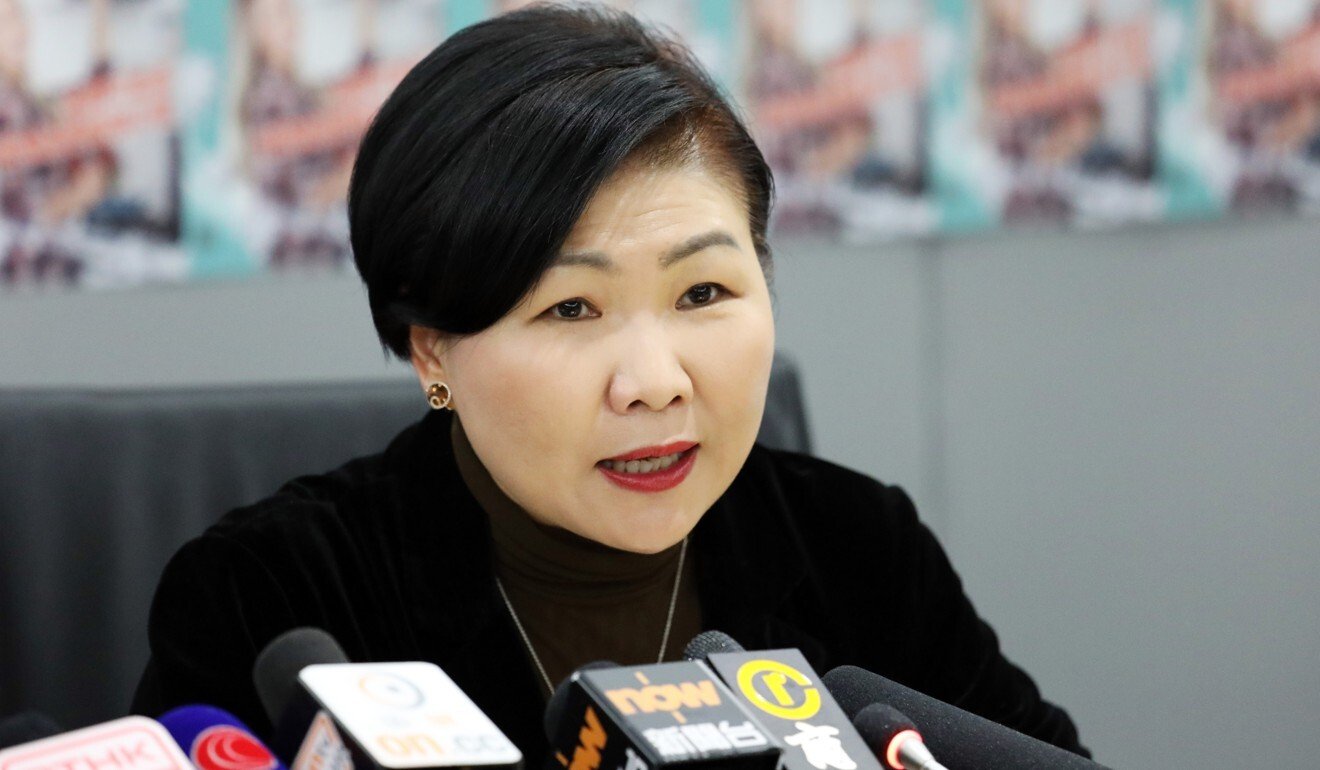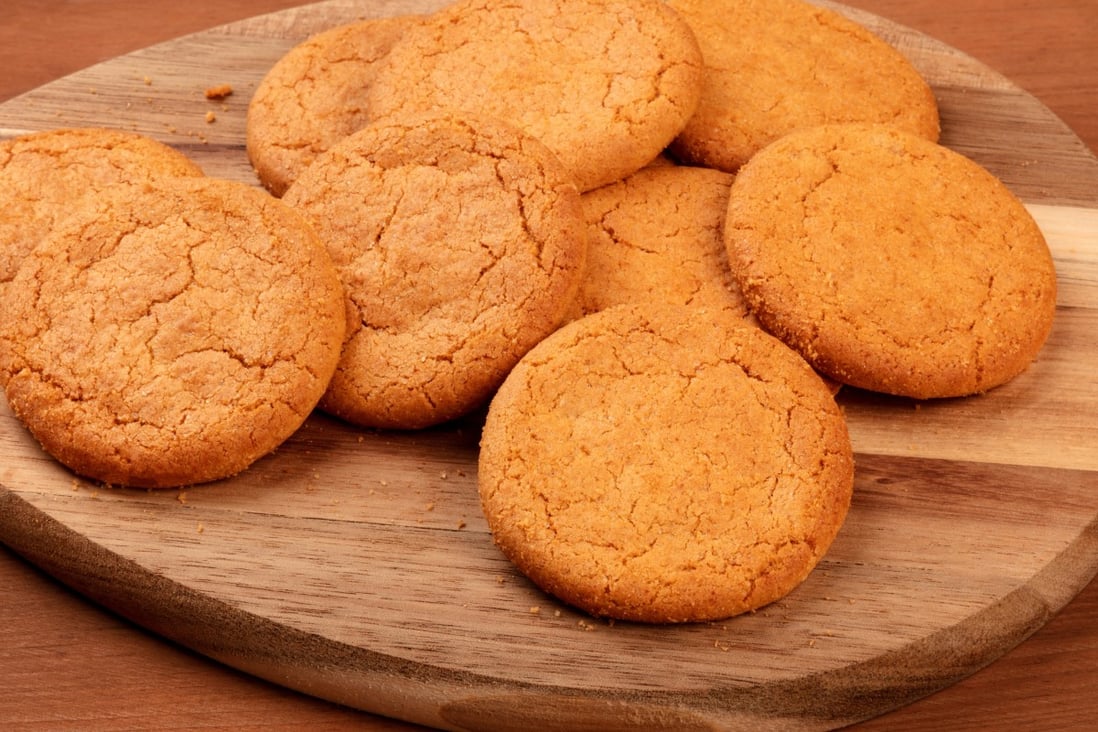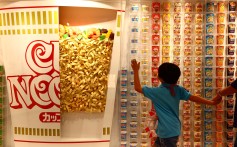https://www.scmp.com/news/asia/southeast-asia/article/3153427/malaysia-scrutinise-biscuit-maker-hup-seng-industries?module=lead_hero_story&pgtype=homepage
Malaysia to scrutinise biscuit maker Hup Seng Industries after cancer claim by Hong Kong watchdog
- Hong Kong Consumer Council this week said that cancer-inducing elements were found in biscuits and crackers including those produced by the Malaysian firm
- It also found that 40 per cent of the products analysed had misleading nutrition labels
Malaysia is looking into the findings by Hong Kong’s consumer watchdog that cancer-causing substances were detected in biscuits and crackers including those produced by Hup Seng Industries, according to a statement on Friday.
Hong Kong Consumer Council on Monday announced that the 60 samples of pre-packed biscuits and crackers it tested contained cancer-inducing elements such as glycidol or acrylamide. The council also found that 40 per cent of the products analysed had misleading nutrition labels.
“The factory premises of (Hup Seng) hold HACCP (Hazard Analysis and Critical Control Points) and KKM (Malaysia’s health ministry) certificates,” Malaysia’s Food Safety and Quality Division said in a statement, citing an early investigation.
The division of the health ministry is also conducting a verification on the company’s premises, it said.
Earlier, the council also revealed that most of the analysed snacks – including crackers, sandwich biscuits and wafers – were high in fat, sugar or salt.
It said the full set of samples contained contaminants – glycidol or acrylamide, or both – which emerged during the processing of the biscuits at high temperatures. Animal testing indicates the genotoxic carcinogens may induce cancer, the council says.
“We believe that these kinds of contaminants are possible to avoid because according to our findings some of the ingredients in these biscuits are palm oil … You can minimise the contaminants as much as possible,” said Gilly Wong Fung-han, CEO of the council.
Palm oil refined at high temperatures carries potential carcinogenic risks, according to the European Food Safety Authority (EFSA).

The Joint Food and Agriculture Organisation and World Health Organization (WHO) Expert Committee on Food Additives said it was inappropriate to publish guidance specifying intake limits for genotoxic carcinogens and instead suggested keeping consumption to as low a level as reasonably practicable.
A third contaminant, 3-MCPD, was also found in the samples. EFSA said it was considered safe for most people but excessive consumption on a daily basis could lead to possible long-term adverse effects on the kidneys and male fertility.
“For consumers, you should eat these biscuits as little as possible or replace them with a healthier choice. If you really need to eat them, be disciplined and controlled,” Wong said.
The council urged manufacturers to review their production formula and called on authorities to impose benchmark levels on top of the existing guidelines for the local industry.
Hup Seng is one of the leading makers of biscuits in Malaysia, according to its website. The company couldn’t immediately comment.
Additional reporting by Nadia Lam















Comments